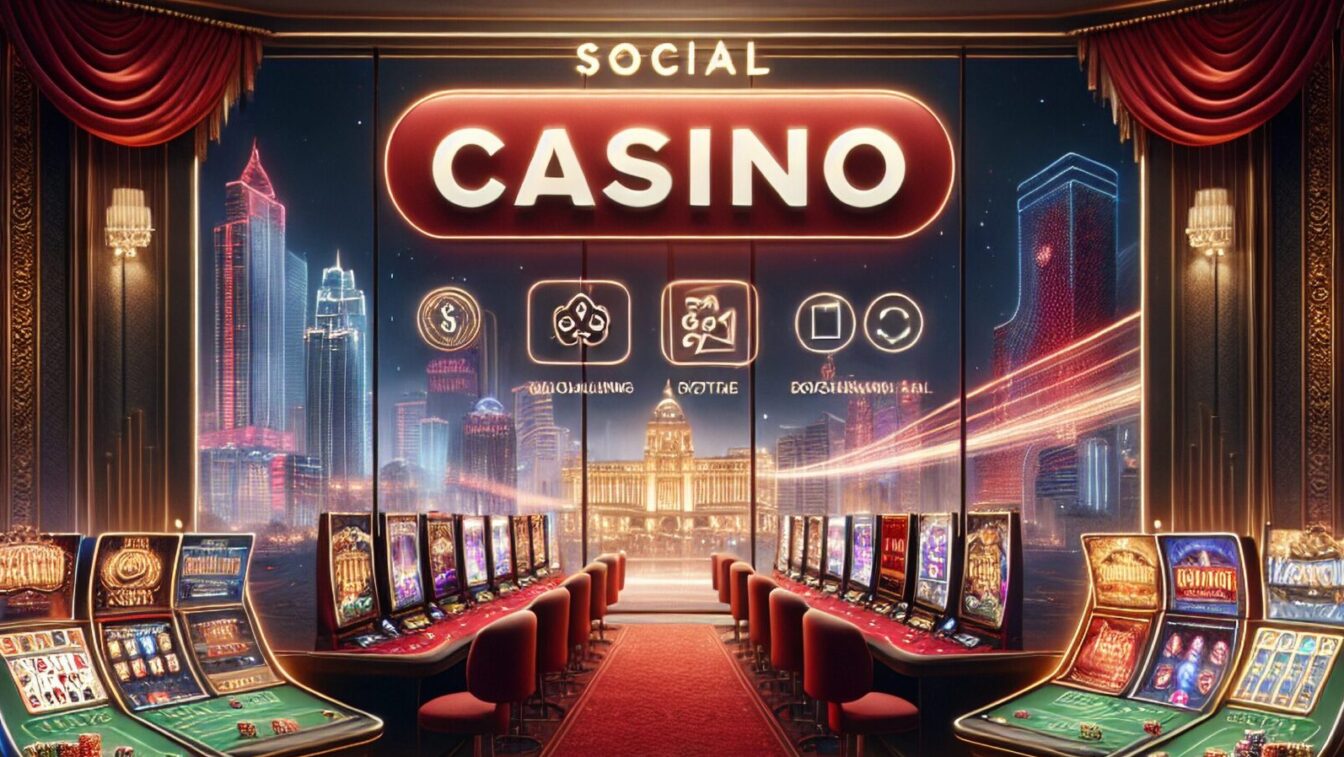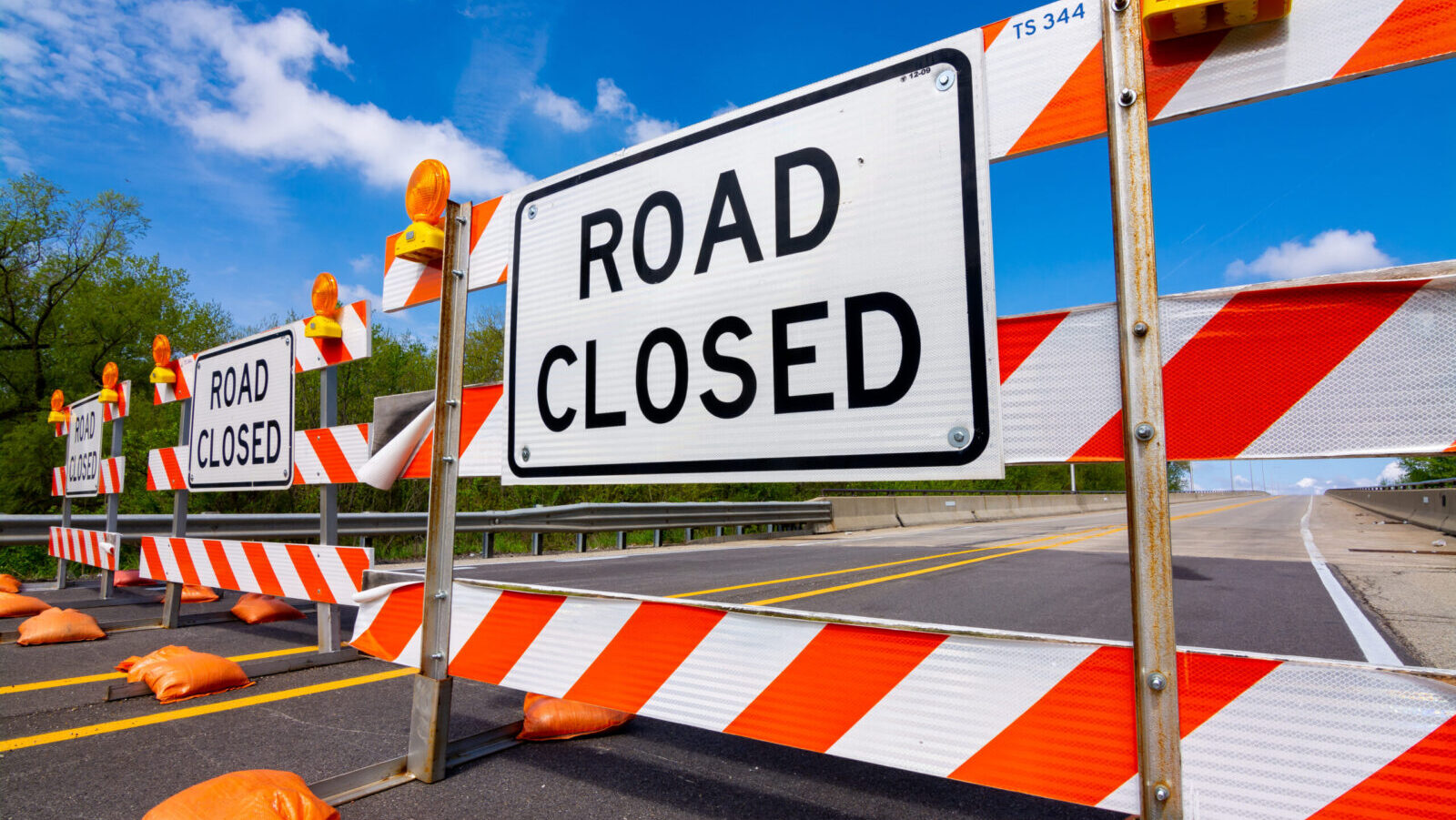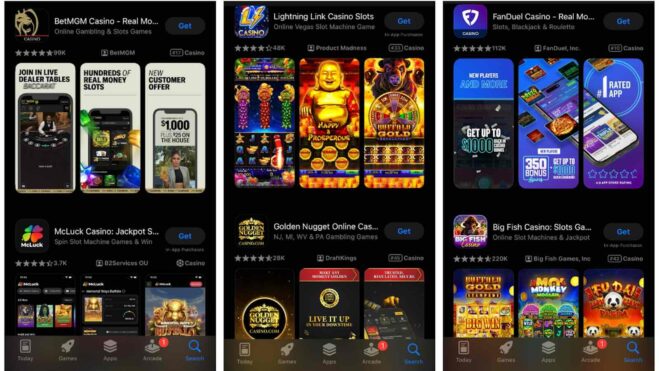Is There A Path To State Regulation For ‘Sweepstakes Casino’ Platforms?
The MGCB and the president of NCLGS sound off on the current state of sweepstakes affairs
6 min

There has been an undeniable buzz — good and bad — about sweepstakes casinos over the last year.
Cease-and-desist letters, an American Gaming Association (AGA) warning, formation of a lobbying group by 11 sweepstakes casino companies, constant chatter at G2E, and attracting the ire of California tribes have been just some of the news stories.
And there is certainly more to come with the winter conference of the National Council of Legislators from Gaming States (NCLGS) just around the corner.
The “This Ain’t Your Grandad’s Sweepstakes” panel, led by Oklahoma Rep. Chris Kannady, is the first committee discussion at the NCLGS Winter Meeting in New Orleans. The conference runs Dec. 12-15.
One of the biggest questions is whether state regulators, lawmakers, and sweepstakes casinos can find common ground to regulation or continue to be at odds. For states with legal gambling, consumer protection and potentially losing tax revenue to sweepstakes are the big issues.
Shawn Fluharty, NCLGS president and minority whip in the West Virginia House of Delegates, told Casino Reports in an email that he anticipates “sweepstakes being a hot topic at our upcoming conference,” but does not see a path to regulation in the U.S. for sweepstakes currently.
“At this point, the basis for sweepstakes tends to be on statutory loopholes or arguing legislative intent is silent on the issue therefore it is not ‘illegal’ in states,” said Fluharty, also the head of government affairs at Play ‘N Go. “Meanwhile, the games being offered tend to meet the very elements of gambling being regulated in the states and were certainly intended to be regulated through the licensing structure.
“I think it’s clear states take gaming regulation seriously, and the industry takes it seriously as well.”
So, what are sweepstakes casinos and why the buzz? They are social online casinos that offer sweepstakes promotions, and allow website or app users to play digital casino games and in some cases live-dealer games. Players do not have to use their own money to play the games on the free-to-play side of the platforms. On the other side, users may win real-money prizes with a form of site currency called “sweeps coins,” which may be given away or procured alongside the purchase of coins used on the free-to-play side. This is often what gives state regulators some pause.
Some of the more popular sweepstakes sites include Chumba Casino, Pulsz Casino, LuckyLand Slots, Global Poker, and Fliff Sportsbook.
While there seems to be some uncertainty among lawmakers and regulators about a path forward for sweepstakes casinos regulation, no one is denying the popularity of sweepstakes casino games. An Eilers & Krejcik Gaming report says the U.S. online sweepstakes industry is valued at more than $2.5 billion and growing substantially.
Sweepstakes/social casinos form lobbying group
The Social and Promotional Gaming Association (SPGA) was formed in September with 11 members:
- 10 Ten Gaming
- Blazesoft
- Fliff
- FSG Digital
- Gold Coin Group
- High 5 Entertainment
- KHK Games
- Kickr Games
- Octacom
- Rolling Riches
- Woopla Gaming
The group said in a recent email that it has a simple mission: “To highlight the well-established legality of social sweeps games and advocate for their responsible operation to ensure that millions of American adults can continue to enjoy these games safely and responsibly.
“We welcome the opportunity to discuss this innovative sector with any interested party, including lawmakers and regulators. Whether that leads to regulation is impossible to say.”
How did we get here?
In early September, the AGA warned about sweepstakes casinos, saying they were a threat to consumers and legal gaming in the U.S. The AGA said in a memo that the “lack of regulatory oversight presents many risks for consumers as well as the integrity and economic benefits of the legal gaming market through investment and tax contributions.”
Shortly after the AGA memo went out, the SPGA was formed.
Sweepstakes/social casinos became the talk of the G2E convention in Las Vegas in October. Davis Catlin, the Vegas-based managing partner at Discerning Capital, said as much to Casino Reports, calling sweeps “the land of opportunity that everyone is talking about.”
Since G2E, Victor Rocha and Jason Giles of the Indian Gaming Association have taken aim at sweepstakes on their webcast, The New Normal. They have been calling for an attack against the sweepstakes and DFS 2.0 companies, using the California legislature, the state attorney general’s office, and the federal government to shut them down. In a recent webcast, Rocha said there is no way for tribes and sweepstakes casinos to collaborate.
In mid-November, Legendz Social Casino & Sportsbook went live in 43 states. Legendz says it is the first to offer its games in English and Spanish.
Some states are moving to ban real money from being exchanged on these types of sites. Michigan, Delaware, and Connecticut have issued cease-and-desist orders to numerous sites, and the first lawsuit against a sweeps site in California (specifically, against Pulsz.com) was recently filed.
And recently, for the second time, sweepstakes operator VGW (Chumba Casino, LuckyLand Slots, and Global Poker are its top brands) was sued in Connecticut.
Will state crackdown lead to regulation?
Michigan, with retail and online casinos and sports betting, has been one of the most active states at shutting down what it perceives to be illegal gambling. It sent cease-and-desist letters to operators PredictionStrike, Sweepstakes Limited, and VGW in late 2023. In May, the state sent one to offshore (non-sweeps) operator Bovada, which has since placed it on its restricted states list.
When asked what steps sweepstakes casinos could take to become regulated in the state, Michigan Gaming Control Board Chief of State Kurt Steinkamp said any decision to amend state law rests with the Michigan Legislature.
“Under current law, gambling is prohibited unless expressly authorized, with only a few limited exceptions outlined in the Michigan Penal Code,” Steinkamp said in an email. “For companies that have received cease-and-desist letters from the Michigan Gaming Control Board, it was because we have found they are not in compliance with Michigan law.
“These companies typically lack the safeguards required in the regulated legal environment and fail to adhere to the tax structures established under Michigan’s gaming laws.”
He declined to speculate if there was any potential path to legalization for sweepstakes casinos.
“Our focus remains on investigating and taking action against those offering illegal gambling in Michigan,” he said in the email. “Many Michigan residents enjoy gambling as a form of entertainment, and we are committed to ensuring they can do so in a regulated environment that guarantees fair games and provides the necessary protections for players.”
Indiana, which has not legalized online casinos, also would not speculate on sweepstakes enforcement or future regulation. The Indiana Gaming Commission referred questions to the state attorney general’s office, saying “state statute places oversight of sweepstakes with the AG’s office.” In addition, it said the Indiana General Assembly legalizes gaming and its forms.
Could sweepstakes follow the path of DFS?
For its part, the SPGA sees its products more like daily fantasy sports, which faced major scrutiny a little less than a decade ago. In most states, DFS served as an alternative to sports betting before the Professional and Amateur Sports Protection Act was overturned by the Supreme Court in Murphy v NCAA.
With just seven legal online casino states, sweepstakes casinos provide an alternative option for many players.
“The history of daily fantasy sports in America offers one potential path to regulatory clarity for social sweeps,” an SPGA spokesperson said in the email. “DFS was the subject of the same kind of self-serving criticism from anti-competitive parties protecting their interests that we now see leveled against social sweeps.
“State attorneys general educated themselves on DFS and then decided whether or not they wanted to regulate it. That process did involve a fair amount of cease-and-desist letters and saber-rattling from opponents. Still, in the end, very few states decided to permanently bar DFS companies from operating.”
NCLGS President Fluharty says there’s a difference between sweepstakes casinos and DFS.
“Under the current situation I presume we will start seeing attorney general opinions dropping much like we did with DFS. It will then lead to potential legislative action,” he said. “I do not see sweepstakes and social casinos in the same realm, however.
“Social casinos have avoided scrutiny in large part because it doesn’t involve in-game currency or a prize with monetary value. Sweepstakes on the other hand, blurs the lines by offering sweeps coins which can be used in games and redeemed for real value. This element changes everything and falls into the very definition of gambling, which is regulated in most states.”
Advocates for sweepstakes casinos, such as Bill Gantz, a partner and co-lead of Duane Morris’ gaming practice, push back on that point as well.
“When you hear all of these people criticizing freemium games which have added sweepstakes, not one of them has expressed the legal analysis for their opinion that it’s gambling, and they have assumed that the freemium side of the platforms is not genuine,” Gantz told Next.io in October.
“The stated concern that the freemium plus sweepstakes platforms are unlicensed, unregulated, and untaxed applies equally to the hundreds of platforms providing freemium only, which alone is a $10 billion market a year,” Gantz added. “In addition, the freemium-only platforms have been defending, and settling, the same civil gambling loss recovery lawsuits since 2015, and continue to face such suits to this day.”
All of this may, ultimately, provide an impetus for expanded regulation of iGaming, a notion echoed recently by Rush Street Gaming CEO Richard Schwartz. At a minimum it will spur more conversations on that front as the calendar heads toward the start of new legislative sessions at the top of 2025.
In the interim, the sweepstakes discussion at the NCLGS winter conference is sure to be lively. Stay tuned.






